As a horse owner, you may have wondered if it's safe to share your favorite human snack – blueberries – with your equine companion. The short answer is yes, horses can eat blueberries in moderation as part of a balanced diet. However, there are several important considerations to keep in mind before introducing this sweet and nutritious treat to your horse's menu.
Blueberries, with their vibrant blue hue and tangy-sweet flavor, are not only a delicious human snack but also a potential healthy treat for horses. These little berries are packed with essential nutrients that can offer various benefits to equine health. However, as with any new food, it's crucial to introduce blueberries to your horse's diet gradually and in moderation to prevent any digestive upset or adverse reactions.
Nutritional Benefits of Blueberries for Horses
Blueberries are a nutrient-dense superfood that can provide several health benefits to horses. Here are some of the key nutrients found in blueberries and how they can benefit your equine friend:
- Antioxidants: Blueberries are rich in antioxidants, particularly anthocyanins, which can help neutralize harmful free radicals in the body. Antioxidants may support a healthy immune system and reduce inflammation, benefiting your horse's overall well-being.
- Vitamin C: Blueberries are an excellent source of vitamin C, which is essential for collagen production, wound healing, and immune function in horses.
- Fiber: These berries contain both soluble and insoluble fiber, which can aid in maintaining a healthy digestive system and promoting regular bowel movements in horses.
- Vitamin K: Blueberries provide a good amount of vitamin K, which plays a role in blood clotting and bone health.
- Manganese: This trace mineral found in blueberries is crucial for proper bone development, wound healing, and metabolism in horses.
Potential Risks and Precautions
While blueberries can be a healthy addition to a horse's diet, there are a few potential risks and precautions to consider:
- Sugar Content: Blueberries contain natural sugars, which can be problematic if fed in excessive amounts, especially to horses prone to metabolic issues like insulin resistance or obesity. It's essential to monitor portion sizes and balance blueberries with other low-sugar treats and forage.
- Digestive Upset: Introducing any new food too quickly can lead to digestive discomfort or colic in horses. When first feeding blueberries, start with small quantities and gradually increase over time to allow your horse's digestive system to adjust.
- Choking Hazard: While relatively small, whole blueberries can still pose a choking risk, especially for greedy eaters. It's recommended to mash or puree the berries before feeding them to your horse to reduce this risk.
- Pesticide Residue: If feeding commercially grown blueberries, be mindful of potential pesticide residue. Opt for organic or thoroughly wash the berries before feeding them to your horse.
Serving Tips and Guidelines
Now that you know the benefits and potential risks, here are some serving tips and guidelines for incorporating blueberries into your horse's diet:
- Start Slowly: Introduce blueberries gradually, starting with a handful or two and monitoring your horse's reaction before increasing the amount.
- Portion Control: A general guideline is to feed no more than 1-2 pounds of blueberries per day for an average-sized horse, depending on their overall diet and any potential health concerns.
- Preparation: As mentioned earlier, mashing or pureeing the blueberries can reduce the choking risk and make them easier for your horse to consume.
- Mixing with Feed: Blueberries can be mixed into your horse's regular feed or served as a tasty topping on hay or grain rations.
- Hydration: Ensure your horse has access to fresh, clean water when feeding blueberries or any new treat, as hydration is essential for proper digestion.
Blueberries as a Training Reward
Blueberries can also make excellent training rewards for horses due to their sweet taste and convenient size. However, it's essential to use them in moderation and not rely solely on them as a training treat. Vary the rewards and consider healthier options like carrot slices or commercial horse treats to maintain a balanced diet.
Analogies and Examples
To help you better understand the concept of feeding blueberries to horses, consider these analogies and examples:
- Imagine you're a horse, and your favorite human snack is a sweet, juicy apple. While you enjoy the occasional apple treat, you wouldn't want to overindulge and risk digestive issues or weight gain. The same applies to horses and blueberries – moderation is key.
- If a horse were to eat an entire flat of blueberries (approximately 12 pints or 6 pounds), it would be similar to a human consuming several large bags of candy in one sitting. The sudden influx of sugar could lead to digestive distress and potential metabolic issues.
- Feeding a handful of blueberries to a horse is akin to a human enjoying a small portion of berries as a healthy snack. It provides a burst of flavor and essential nutrients without overwhelming the body.
Research and Statistics
While there is limited research specifically focused on feeding blueberries to horses, several studies have highlighted the potential benefits of antioxidant-rich foods for equine health:
- A study published in the Journal of Equine Veterinary Science found that supplementing horses' diets with antioxidants like vitamin E and selenium can help reduce exercise-induced muscle damage and oxidative stress.
- Research from the University of Florida explored the potential of blueberry pomace (a byproduct of juice production) as a natural source of antioxidants and prebiotics for horses, with promising results in supporting gut health.
- According to a report by the United States Department of Agriculture (USDA), blueberries rank among the fruits with the highest antioxidant activity, making them a valuable addition to a balanced diet for both humans and animals.
These research findings, combined with the known nutritional benefits of blueberries, suggest that incorporating them in moderation can be a valuable addition to a horse's diet, providing essential nutrients and potential health benefits.
Profit Projections and Cost-Benefit Analysis
For horse owners and professionals in the equine industry, incorporating blueberries into their offerings can potentially lead to increased customer satisfaction and revenue streams. Here's a hypothetical cost-benefit analysis:
- Assuming a stable or equine facility purchases fresh blueberries at $3 per pound.
- If they charge customers $1 for a small portion (1/4 pound) of blueberries as a healthy treat for their horses, they can generate a profit of $2.25 per pound of blueberries sold.
- If they sell an average of 10 pounds of blueberries per week, that's a potential weekly profit of $22.50 and an annual profit of $1,170 from selling blueberries alone.
- Additionally, offering blueberries as a nutritious treat option
FAQs
Q1: Are blueberries toxic or poisonous to horses? No, blueberries are not toxic or poisonous to horses when fed in moderation as part of a balanced diet.
Q2: Can blueberries cause colic in horses? Blueberries are unlikely to cause colic if introduced gradually and fed in appropriate portions. However, sudden large quantities can lead to digestive upset.
Q3: How many blueberries can I feed my horse per day? A general guideline is to feed no more than 1-2 pounds of blueberries per day for an average-sized horse, depending on their overall diet and health.
Q4: Can horses eat frozen or dried blueberries? Yes, horses can eat frozen or dried blueberries, but they should be rehydrated or mashed to prevent choking.
Q5: Are there any horses that should avoid blueberries? Horses with metabolic issues like insulin resistance or obesity should have their blueberry intake closely monitored due to the natural sugar content. Consult your veterinarian for specific recommendations.


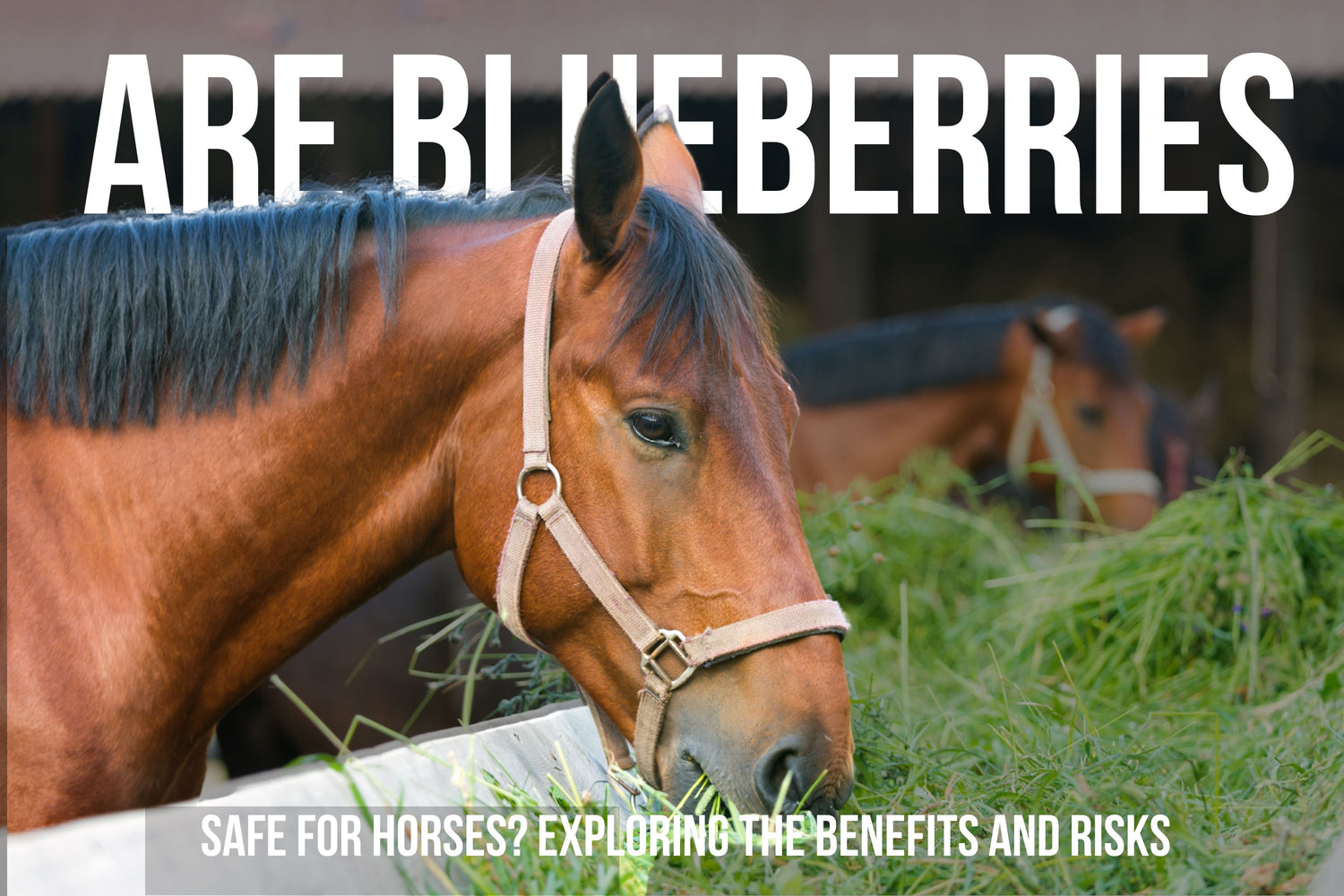



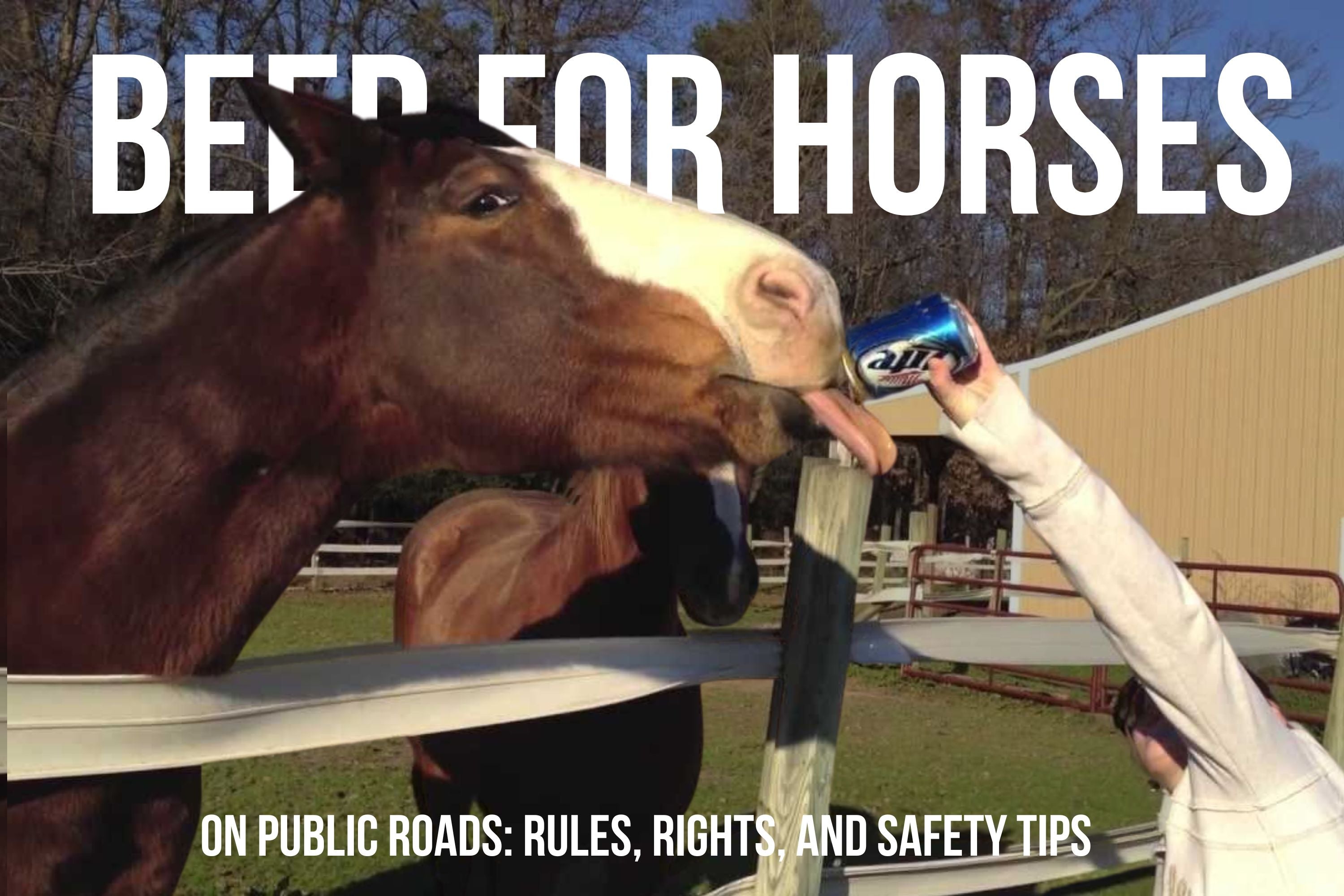


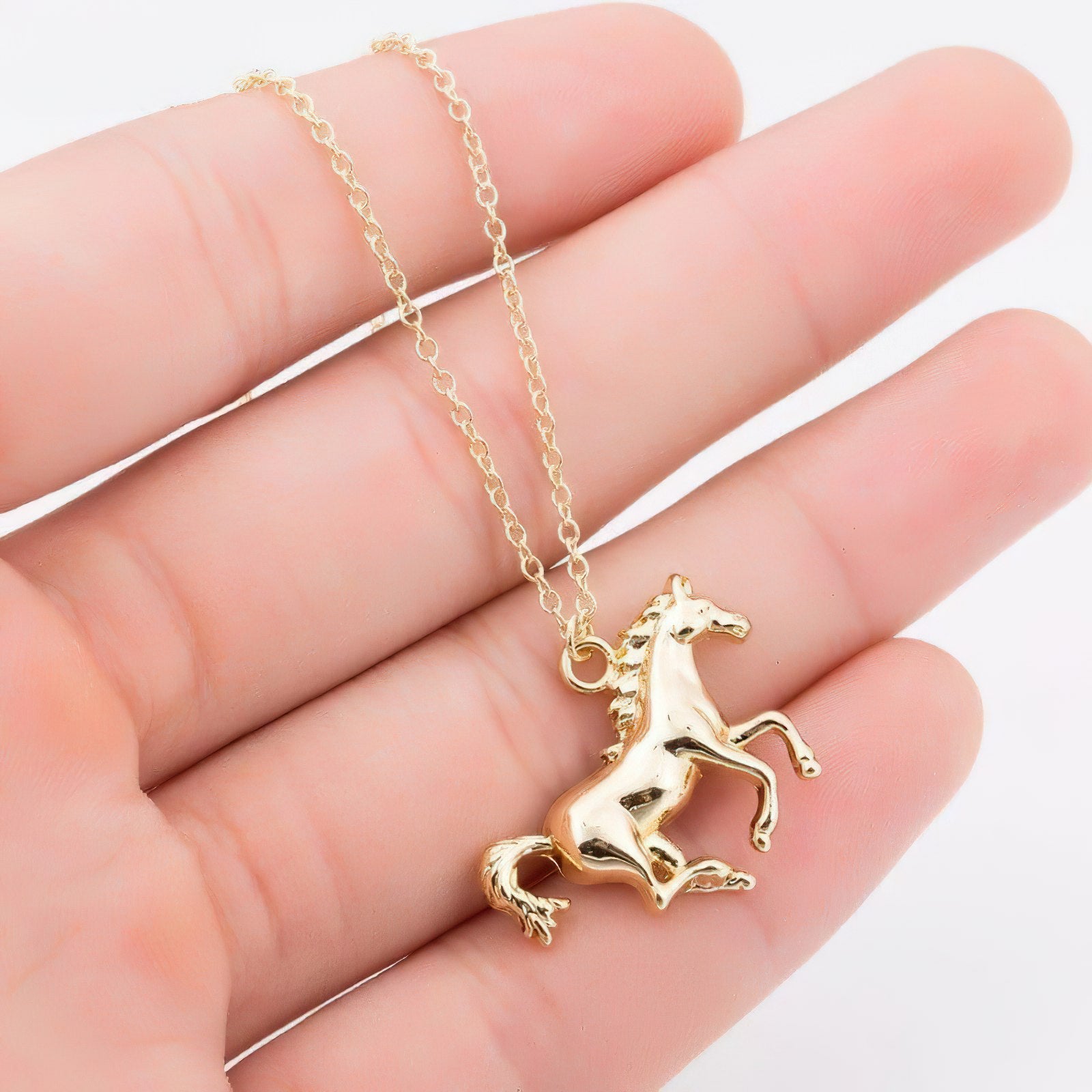
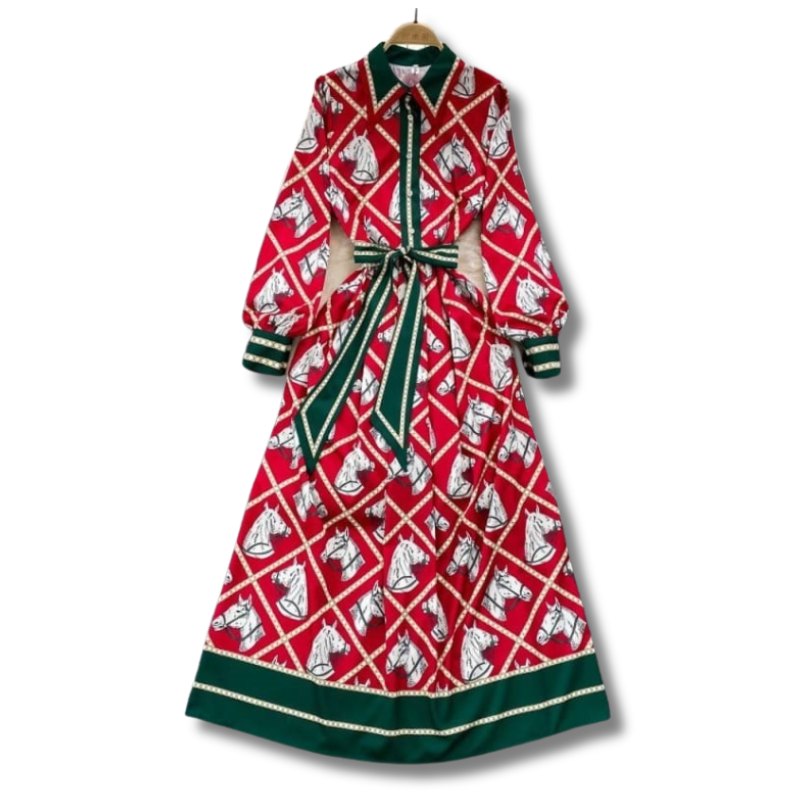














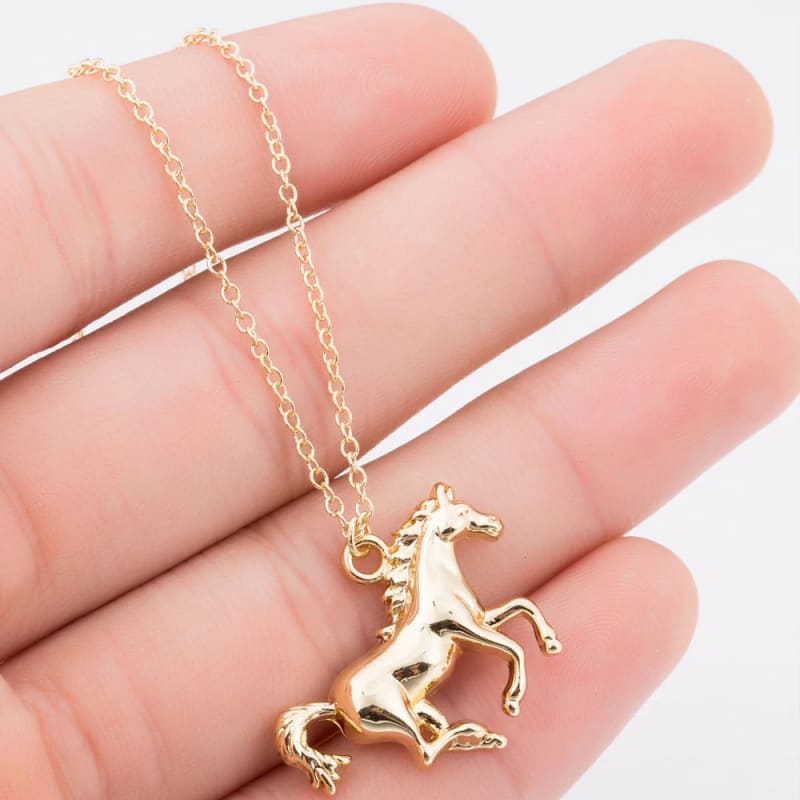
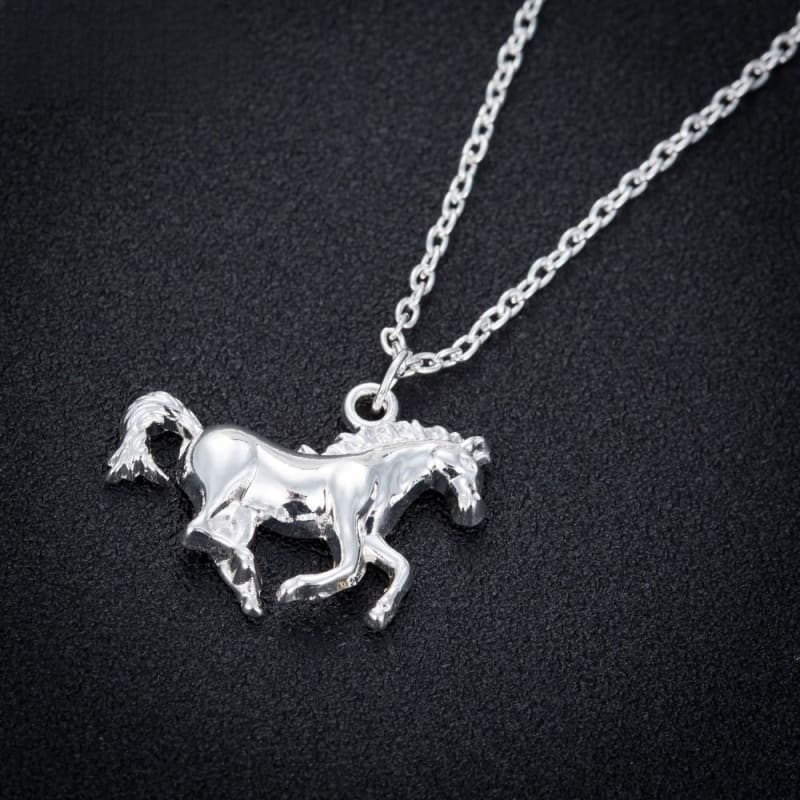




























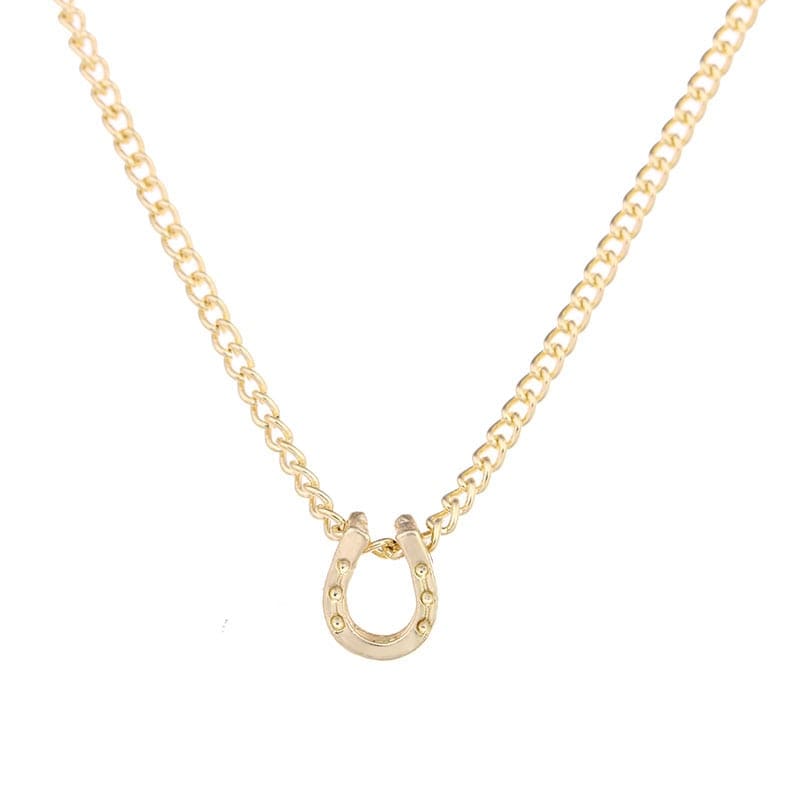
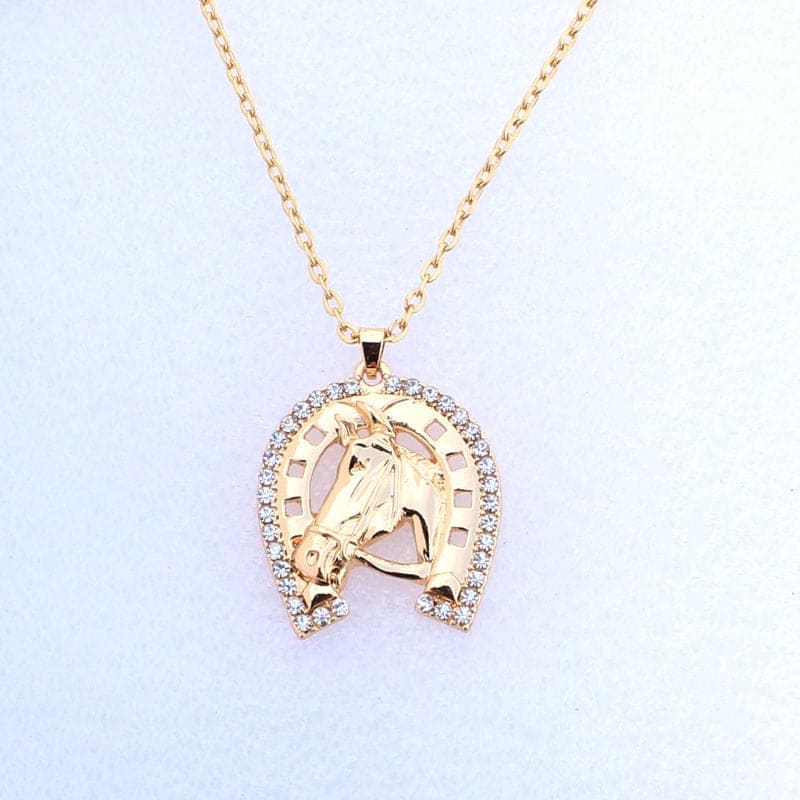
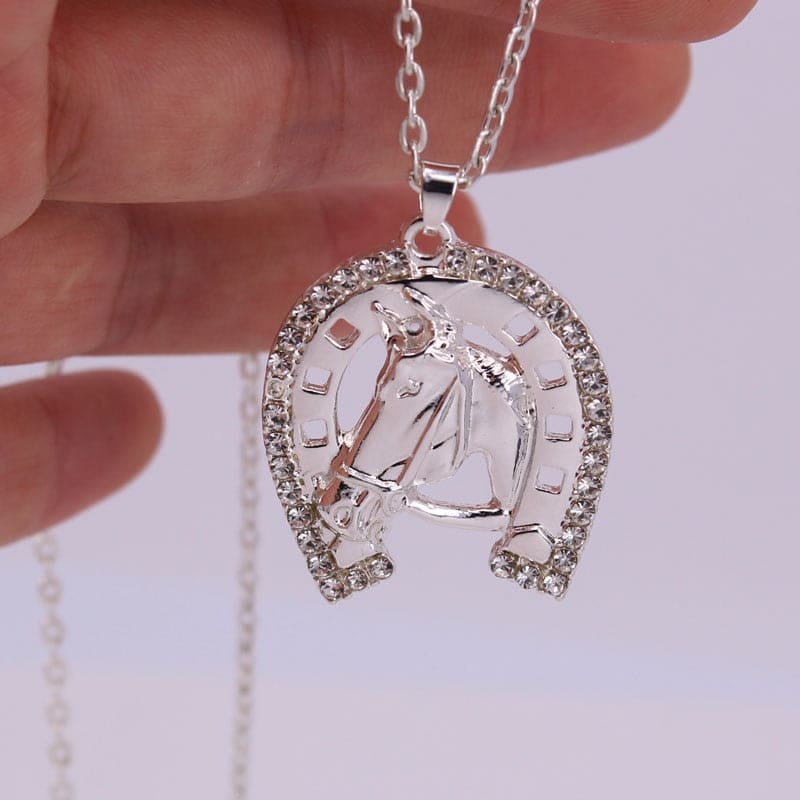












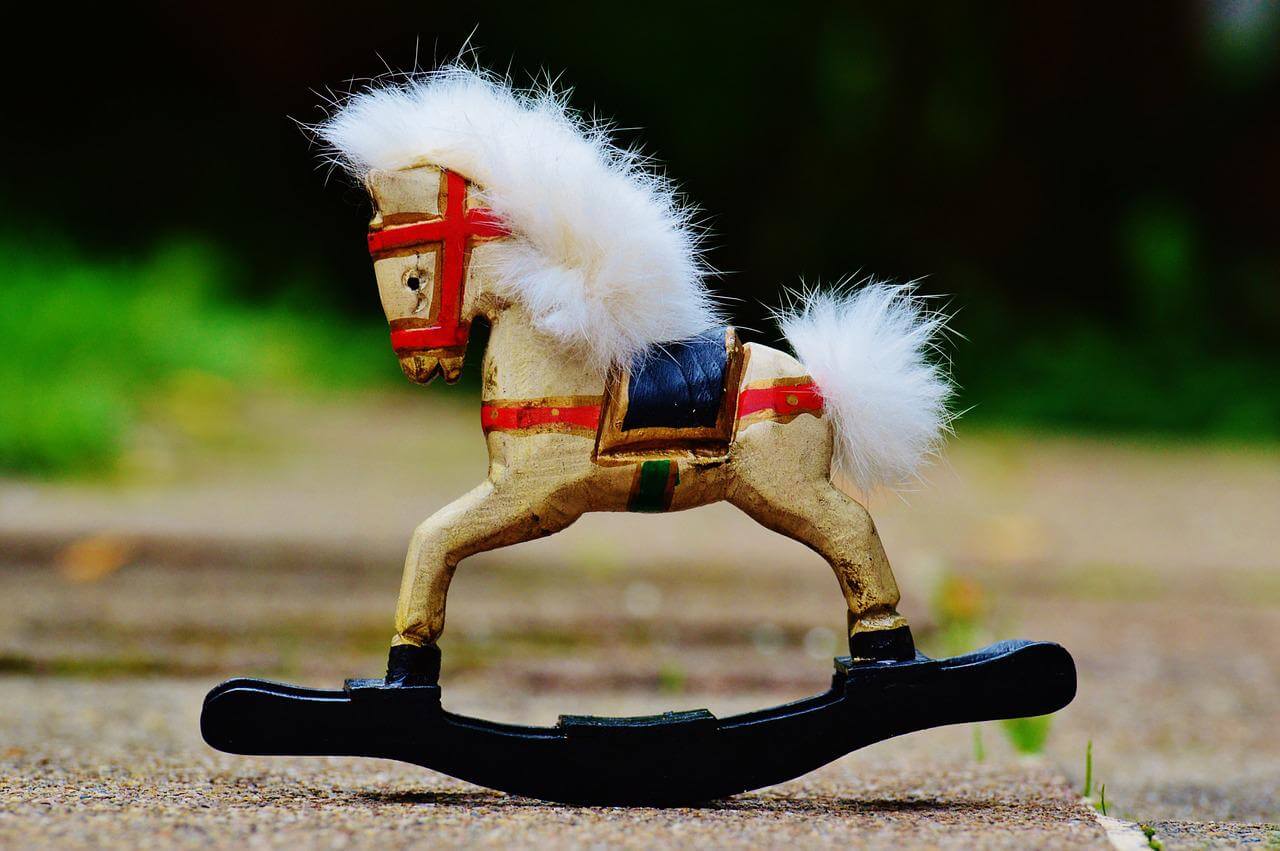
Leave a comment
All comments are moderated before being published.
This site is protected by reCAPTCHA and the Google Privacy Policy and Terms of Service apply.